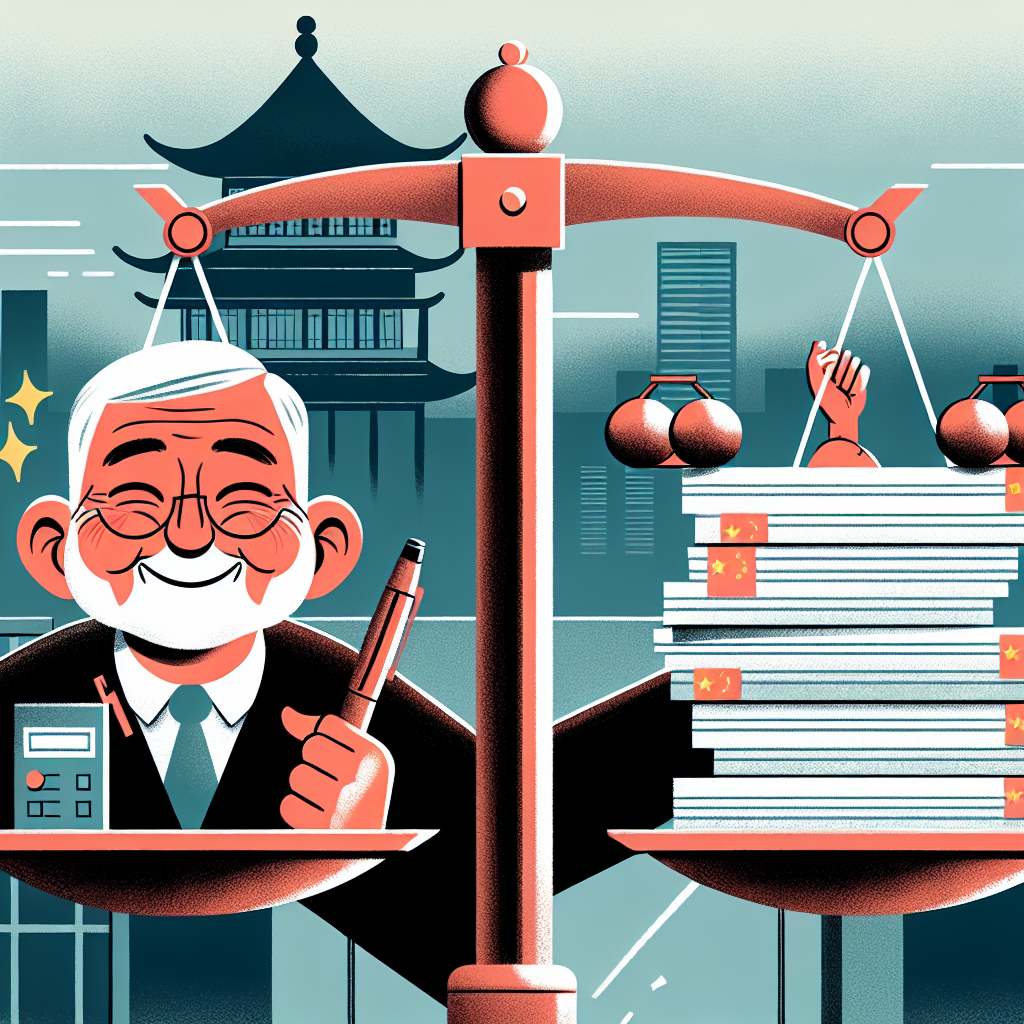Debate Over Judiciary's Retirement Age and Post-Retirement Roles
The government informed Rajya Sabha that there is no proposal to increase the retirement age for Supreme Court and high court judges. There is also no 'cooling-off' period for post-retirement roles. Concerns about conflicts of interest in post-retirement appointments were raised by AAP MP Raghav Chaddha.

- Country:
- India
The Indian government has clarified in Rajya Sabha that there is no proposal to extend the retirement age for Supreme Court and high court judges. This announcement came amid discussions surrounding the judiciary's post-retirement roles.
AAP MP Raghav Chaddha questioned the absence of a 'cooling-off' period, which could mitigate potential conflicts of interest when judges assume political or executive roles after retirement. He advocated for a mandatory two-year gap before judges can accept such positions, alongside suggestions for enhanced pensions.
The Law Minister countered by stating that such a 'cooling-off period' is not mentioned in the Constitution and accused Chaddha of politicizing the issue. The debate continues as the judiciary balances independence with post-retirement opportunities.
(With inputs from agencies.)
ALSO READ
Uttar Pradesh Government Takes Action Against Sambhal Protesters
Emergency Housing Numbers Drop by 68% Under New Government Initiatives
Odisha Government Denies IAS Officer's Child Care Leave Extension
Congress Questions Government Over 'Shrinking' Urban Middle Class
Supreme Court Rules Religious Conversion for Reservation as 'Fraud on the Constitution'










